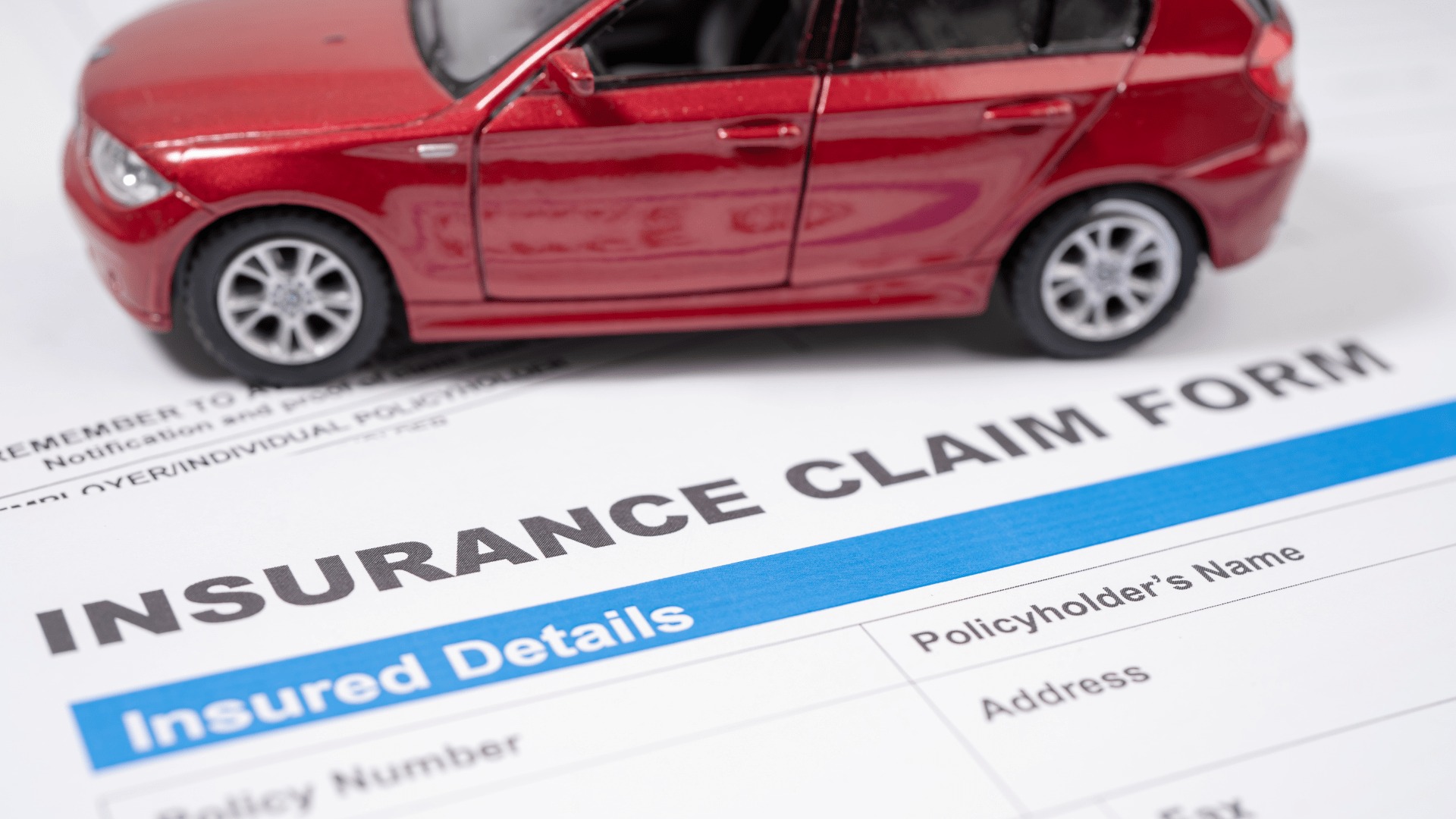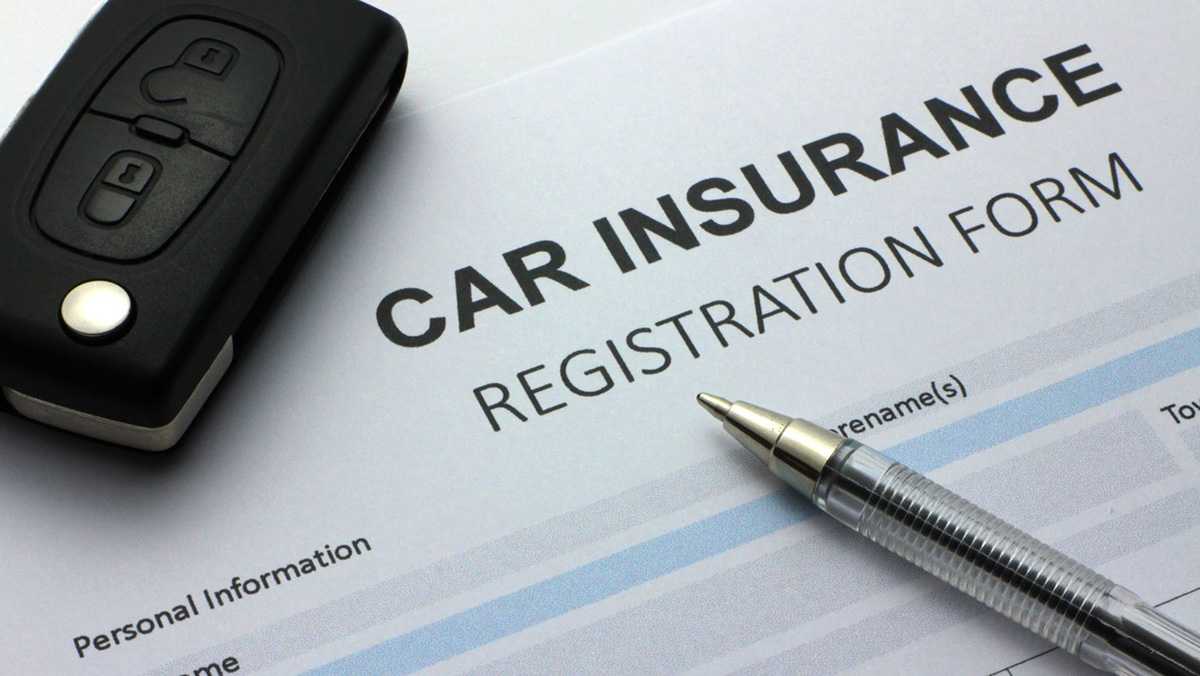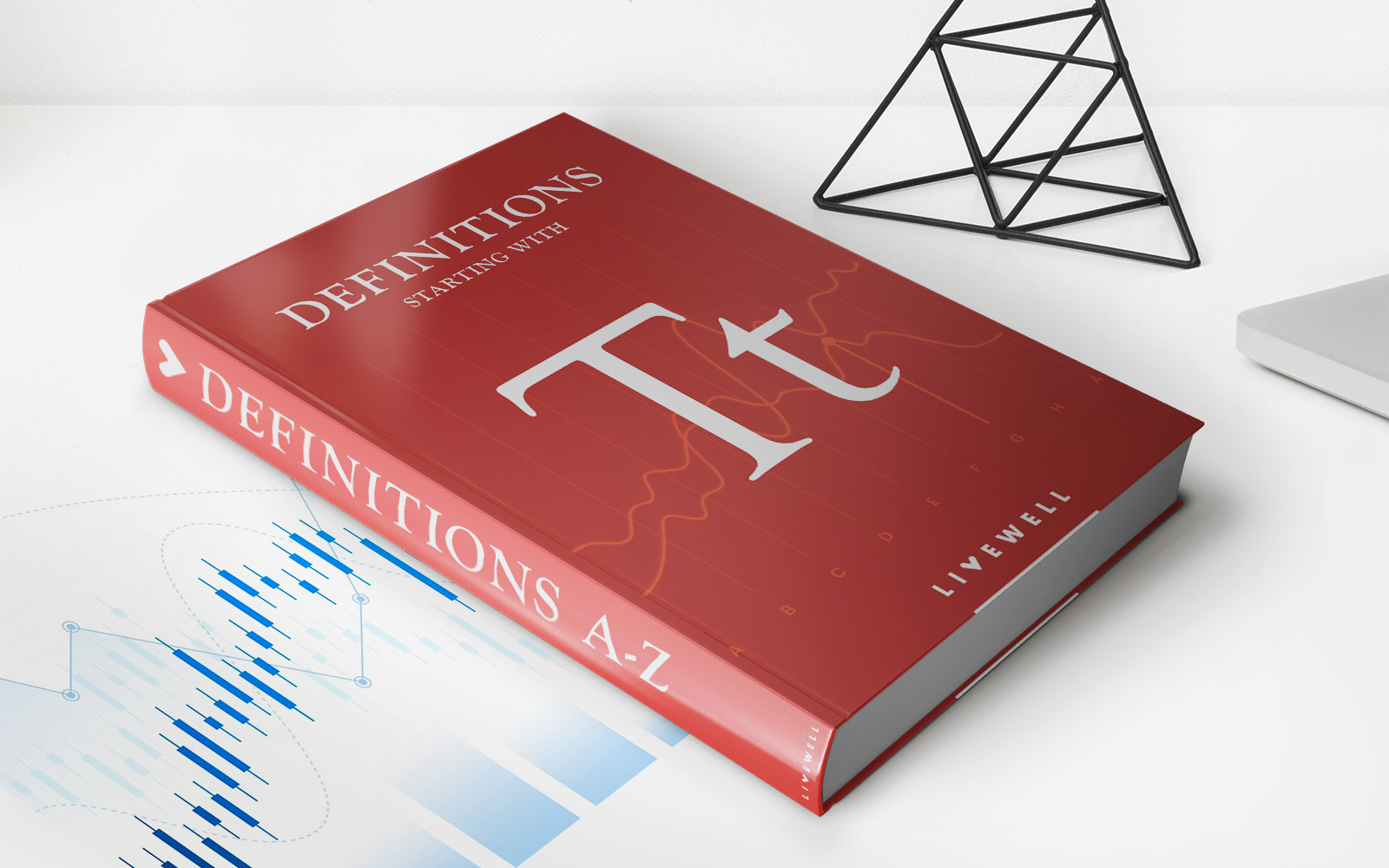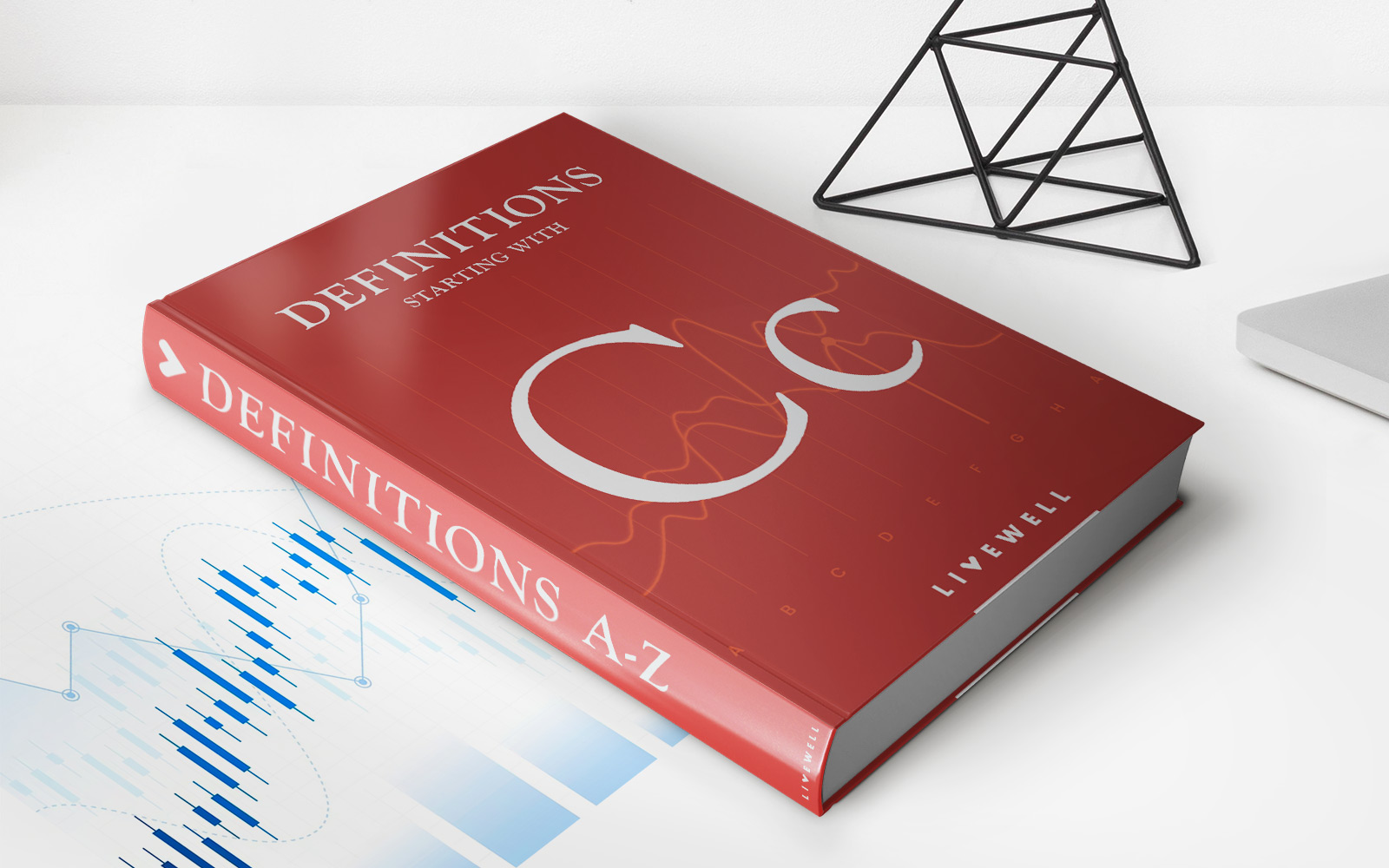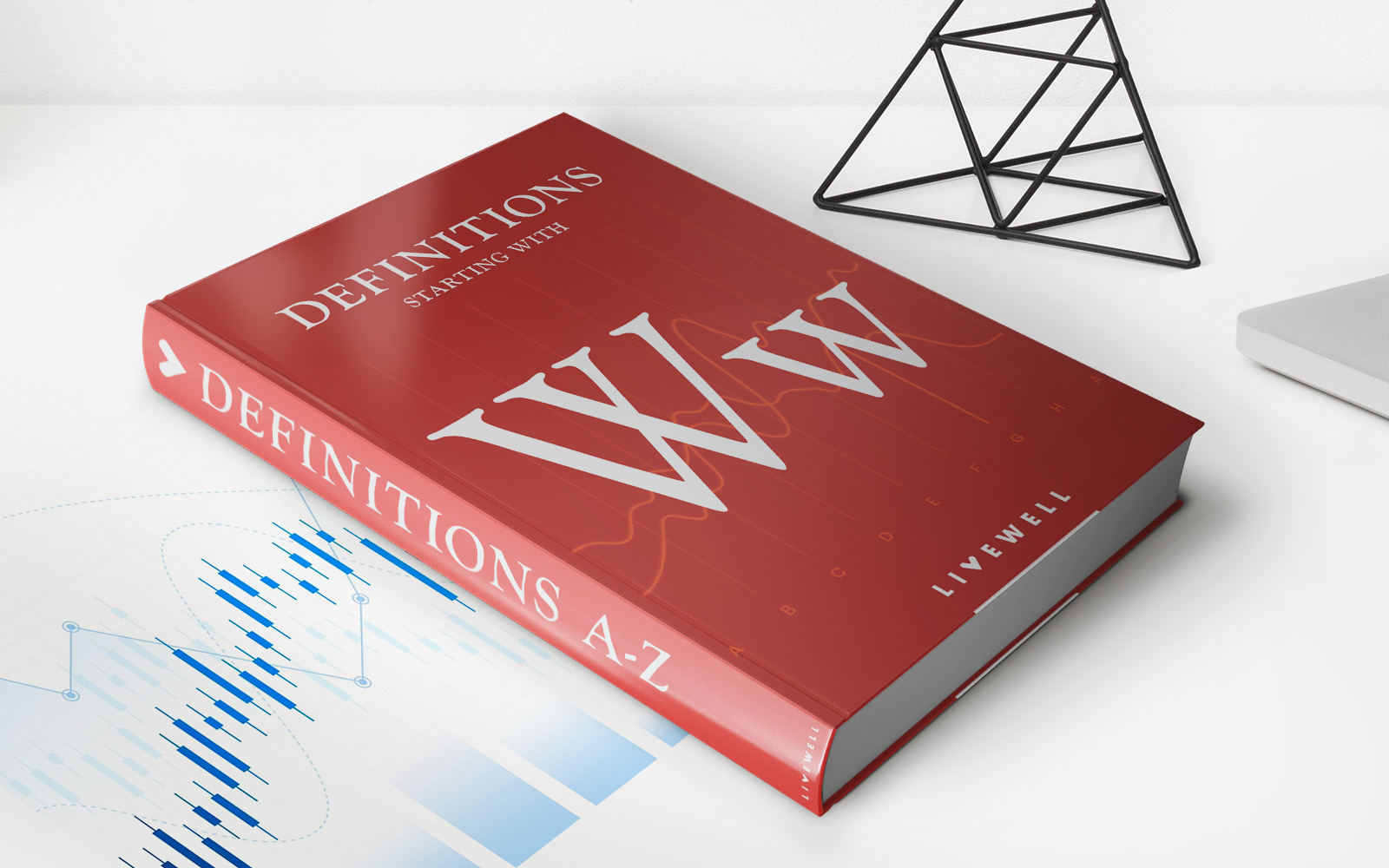

Finance
How Quickly Can You Get Car Insurance?
Modified: December 29, 2023
Get car insurance quickly and easily. Compare rates and policies to find the best option for your budget. Finance your vehicle with confidence.
(Many of the links in this article redirect to a specific reviewed product. Your purchase of these products through affiliate links helps to generate commission for LiveWell, at no extra cost. Learn more)
Table of Contents
Introduction
Getting car insurance is a crucial step for anyone looking to hit the road with peace of mind. Whether you have just purchased a new vehicle or you’re a first-time driver, obtaining car insurance is essential to protect yourself, your vehicle, and others on the road. But how quickly can you get car insurance?
The speed at which you can get car insurance depends on various factors, such as the online application process, documentation requirements, insurance company policies, vehicle inspection, and payment and policy activation steps. Understanding these factors will help you navigate the process and potentially expedite the issuance of your car insurance policy.
In this article, we’ll delve into these factors in detail and explore options for expediting the car insurance process. Whether you’re in a hurry to get on the road or you simply want to have a clearer idea of the timeline involved, we’ve got you covered.
So, let’s dive in and explore how quickly you can get car insurance.
Factors that Influence the Speed of Getting Car Insurance
When it comes to obtaining car insurance, several factors can impact the speed at which you get coverage. It’s important to consider these factors to better understand the process and manage your expectations. Let’s take a closer look at the key factors that influence the speed of getting car insurance:
- Online Application Process: Many insurance companies now offer the convenience of online applications. This streamlined process allows you to fill out the necessary information and submit it electronically. Online applications are generally faster than traditional paper applications, as they eliminate the need for mailing documents and waiting for them to be processed.
- Documentation Requirements: The type and amount of documentation required can also impact the speed of obtaining car insurance. Insurance companies typically ask for documents such as your driver’s license, vehicle registration, and proof of address. Being prepared with these documents and providing accurate information can expedite the verification process and speed up the issuance of your policy.
- Insurance Company Policies: Each insurance company has its own policies and procedures for processing car insurance applications. Some companies have efficient systems in place that allow for quick turnaround times, while others may have longer processing timelines. It’s important to research different insurance providers and choose one known for its efficient service and prompt response times.
- Vehicle Inspection: In some cases, insurance companies may require a vehicle inspection before issuing a policy. This is particularly common when insuring used or older vehicles. Scheduling and completing the vehicle inspection can add a bit of time to the overall process. However, some companies offer virtual or self-inspection options, which can speed up the process significantly.
- Payment and Policy Activation: Once your application is approved, you will need to make the initial payment to activate your policy. The speed of this payment can depend on various factors, such as the payment method you choose (e.g., credit card, electronic transfer) and the time it takes for the payment to be processed by the insurance company.
These factors collectively influence how quickly you can get car insurance. Being aware of them and taking proactive steps, such as providing all necessary documentation accurately and choosing an insurance company with efficient processes, can help speed up the process and get you on the road faster.
Online Application Process
The online application process has revolutionized how quickly you can get car insurance. Insurance companies now offer user-friendly online platforms that allow you to conveniently apply for coverage from the comfort of your own home. Here’s how the online application process works:
First, you’ll need to visit the website of the insurance company you wish to apply with. Look for the “Get a Quote” or “Apply Now” button, which will lead you to the online application form. You’ll be asked to provide relevant information, such as your personal details, driving history, and vehicle information.
Be sure to fill out the form accurately and double-check all the information before submitting it. Incomplete or incorrect information can lead to delays in processing your application. Additionally, make sure you have any necessary documents on hand, such as your driver’s license and vehicle registration, as you may be required to upload them during the application process.
Once you complete and submit the online application, the insurance company will begin processing it. Some companies have automated systems that can provide you with an instant quote and policy. Others may require manual review, which can take a bit longer.
During the application process, you may be asked to select the level of coverage you desire, such as liability coverage, comprehensive coverage, or collision coverage. It’s important to carefully consider your coverage needs and budget before making a decision.
After submitting your application, you’ll typically receive a confirmation email or notification acknowledging your submission. This email may include further instructions or requirements, such as additional documents or a payment request.
In some cases, insurance companies may need to verify the information you provided or conduct a background check on your driving history. This verification process may impa
Documentation Requirements
When applying for car insurance, insurance providers typically require certain documents to verify your identity, driving history, and vehicle information. Meeting the documentation requirements is an important step in obtaining car insurance. Here are some common documents that may be required:
1. Driver’s License: Your driver’s license is a key document that insurance companies use to verify your identity and driving eligibility. You’ll need to provide a copy of your valid driver’s license when applying for car insurance. Ensure that your driver’s license is up-to-date and not expired.
2. Proof of Vehicle Ownership: If you’re insuring your own vehicle, you’ll need to provide proof of ownership. This can be in the form of your vehicle registration certificate or title. The insurance company needs to verify that you are the legal owner of the vehicle you are insuring.
3. Vehicle Information: You’ll also need to provide detailed information about the vehicle you want to insure. This includes the make, model, year, and vehicle identification number (VIN). The insurance company may require this information to assess the risk associated with insuring your vehicle and determine the appropriate coverage.
4. Proof of Address: Insurance companies typically require proof of your residential address. This can be a utility bill, bank statement, or any official document that clearly displays your name and address. The proof of address is necessary for verifying your current residence.
5. Driving History: Insurance companies may request your driving history, including information on past accidents, traffic violations, or claims. They use this information to assess your risk profile and determine the premium for your policy. This information is usually accessed through your Motor Vehicle Record (MVR) or similar records provided by the relevant authorities.
6. Additional Documents: Depending on your circumstances and the insurance company’s requirements, there may be additional documents needed. This could include documents related to your employment or any special circumstances, such as proof of no-claims bonus from your previous insurer.
It’s important to carefully review the documentation requirements provided by your insurance provider. Make sure you gather all the necessary documents before starting the application process. This will help ensure a smooth and efficient application process, minimizing any delays in obtaining your car insurance coverage.
Insurance Company Policies
Insurance company policies play a significant role in determining the speed at which you can obtain car insurance. Each insurance company has its own set of policies and procedures that influence how quickly your application is processed and your policy is issued. Here are some key factors to consider:
1. Underwriting Process: Insurance companies have underwriting departments responsible for assessing risk and determining premiums. The underwriting process involves reviewing your application, evaluating your driving history, and considering other factors that impact your insurability. The complexity and thoroughness of an insurance company’s underwriting process can affect the time it takes to receive your policy.
2. Customer Support and Response Time: The level of customer support provided by an insurance company can also impact the speed of getting car insurance. If you have any questions or need assistance during the application process, prompt and efficient customer support can help address your concerns quickly. Alternatively, delays in response or lack of clarity in communication can prolong the process.
3. Processing Timelines: Some insurance companies have established processing timelines for applications. They may specify the average time it takes to process an application and issue a policy. This information is often provided on the company’s website or can be obtained by contacting their customer service. Understanding these processing timelines can help set realistic expectations regarding the speed of obtaining car insurance.
4. Insurance Agent or Broker Assistance: Working with an insurance agent or broker can streamline the car insurance application process. These professionals have in-depth knowledge of insurance policies and can guide you through the application, helping you gather the necessary documentation and ensuring that your application is accurately completed. Their expertise can help expedite the process and address any issues that may arise.
5. Online Account Management: Some insurance companies provide an online account management system that allows you to track the progress of your application. This feature can provide updates on the status of your application, any pending requirements, and when you can expect to receive your policy. It’s worth exploring whether the insurance company you choose offers this functionality.
Before choosing an insurance company, it’s advisable to research their policies, read reviews, and consider their reputation for customer service. Opting for an insurance provider known for efficient policies and prompt response times can increase the likelihood of getting your car insurance quickly.
Vehicle Inspection
In some cases, insurance companies may require a vehicle inspection before issuing a car insurance policy. This is typically done to assess the condition and value of the vehicle, as well as to verify any modifications or safety features. Here’s what you need to know about vehicle inspections:
1. Inspection Process: The inspection process can vary depending on the insurance company and the type of inspection required. Some companies have their own inspection centers where you can bring your vehicle for a physical inspection. Others may require an appointment with a certified inspector who will examine your vehicle’s exterior, interior, and mechanical components.
2. Virtual or Self-Inspection Options: To expedite the process, some insurance companies now offer virtual or self-inspection options. Through a smartphone app or online platform, you may be able to take photos or videos of your vehicle and submit them for review. This allows the insurance company to assess your vehicle remotely and determine its insurability.
3. Purpose of Inspection: The purpose of the vehicle inspection is twofold. Firstly, it enables the insurance company to confirm the accuracy of the information provided in your application. They may check the VIN, confirm the vehicle’s features, and verify its condition. Secondly, the inspection helps the insurance company assess the risk associated with your vehicle and determine the appropriate coverage and premium.
4. Timing of Inspection: The timing of the vehicle inspection can vary. Some insurance companies require the inspection to be completed before issuing a policy, while others may give you a grace period to complete the inspection after the policy has been activated. It’s important to clarify the specific requirements with your insurance provider.
5. Preparing for the Inspection: Before the inspection, it’s advisable to prepare your vehicle to ensure a smooth process. Clean your vehicle inside and out, ensuring that it is presentable and accessible for inspection. Check that all necessary documents, such as the registration and proof of ownership, are readily available. Taking these steps can help expedite the inspection and minimize any delays.
Understanding the vehicle inspection requirements of the insurance company you choose is crucial for a smooth application process. If a physical inspection is necessary, consider scheduling the inspection as soon as possible to avoid any delays in getting your car insurance policy.
Payment and Policy Activation
Once your car insurance application has been approved, the next step is to make the initial payment and activate your policy. The payment and policy activation process can have an impact on how quickly you can obtain car insurance. Here’s what you need to know:
1. Payment Options: Insurance companies offer various payment options to accommodate different preferences. These may include paying the premium in full, opting for monthly installments, or selecting a customized payment plan. The payment options available to you may depend on factors such as your credit history and the insurance company’s policies. Choose a payment option that best suits your budget and financial capabilities.
2. Payment Methods: Insurance companies typically accept multiple payment methods, such as credit cards, electronic funds transfer (EFT), or checks. Online payment options are often available, making it convenient to complete the payment process. Be aware that some payment methods may take longer to process, which might affect the timing of policy activation.
3. Grace Period: Insurance companies may provide a grace period after policy approval to allow you time to make the payment. The length of this grace period can vary, typically ranging from a few days to a few weeks. It’s essential to understand the grace period provided by your insurance company and ensure that you make the payment within that timeframe to avoid any delays in activating your policy.
4. Policy Activation: Once the payment is received and processed, your car insurance policy will be activated. At this point, you will receive a confirmation of your coverage, along with the policy documents. It’s crucial to carefully review these documents to ensure that they align with the coverage and terms you agreed upon during the application process.
5. Proof of Insurance: After the policy is activated, the insurance company will typically provide you with proof of insurance. This can be in the form of an insurance card or an electronic version that you can keep on your smartphone. It’s important to keep this proof of insurance readily available in case you need to provide it during traffic stops or in the event of an accident.
Understanding the payment process and ensuring that you make the payment within the specified timeframe is crucial for timely policy activation. Be prompt in making the payment and communicate with your insurance company if you encounter any challenges or delays. By taking these steps, you can ensure a smooth transition from application approval to policy activation.
Options for Expedited Car Insurance
If you’re in a hurry to get car insurance, there are several options available to expedite the process. While the speed of obtaining car insurance ultimately depends on the insurance company, here are some strategies you can employ to potentially speed up the process:
1. Choose an Insurance Company with Fast Processing: Before selecting an insurance provider, research companies known for their efficient and prompt processing times. Look for customer reviews and ratings that highlight their speed in issuing policies. Opting for such an insurance company can increase the likelihood of getting your car insurance quickly.
2. Complete the Application Online: Taking advantage of the online application process can significantly speed up the issuance of your car insurance policy. Online applications eliminate the need for mailing documents and reduce processing time. Fill out the online application accurately, ensuring you provide all necessary information and meet the required documentation requirements.
3. Be Prepared with Documentation: Gather all necessary documentation before starting the application process. This includes your driver’s license, vehicle registration, proof of address, and any additional documents requested by the insurance company. Having these documents readily available will help expedite the verification process.
4. Opt for Virtual or Self-Inspection: Some insurance companies offer virtual or self-inspection options, allowing you to submit photos or videos of your vehicle for assessment. By utilizing this technology, you can bypass the need for a physical inspection, saving time and expediting the process.
5. Work with an Insurance Agent or Broker: Insurance agents or brokers have extensive knowledge of insurance policies and can guide you through the application process. They can help ensure that you provide accurate information and gather all necessary documentation, streamlining the process and potentially speeding up the issuance of your policy.
6. Follow Up with the Insurance Company: If you haven’t received a response or confirmation regarding your application within the expected timeframe, proactively follow up with the insurance company. Contact their customer support to inquire about the status of your application and any additional steps you can take to expedite the process.
7. Consider Temporary Car Insurance: In some situations, you may need immediate coverage, such as when purchasing a new car or renting a vehicle. Temporary car insurance, also known as short-term or pay-as-you-go car insurance, can provide coverage for a specific period, such as a day, a week, or a month. This can be a fast and convenient option to get insured quickly.
While these options can potentially speed up the process of obtaining car insurance, it’s important to remember that some factors, such as the insurance company’s underwriting process and verification requirements, may still impact the timeframe. It’s always advisable to plan ahead and give yourself sufficient time to avoid any last-minute rush in acquiring car insurance.
Conclusion
Getting car insurance quickly is an important consideration for many individuals. While there are factors that can impact the speed of obtaining car insurance, there are steps you can take to expedite the process. By understanding the factors that influence the speed, you can navigate the application process more effectively.
Factors such as the online application process, documentation requirements, insurance company policies, vehicle inspection, and payment and policy activation all play a role in determining how quickly you can get car insurance. By choosing an insurance company with efficient policies, completing the online application accurately, and being prepared with the necessary documentation, you can help expedite the process.
Additionally, options such as virtual or self-inspection, working with an insurance agent or broker, and considering temporary car insurance can further expedite the issuance of your car insurance policy. These options provide alternative approaches that can save time and streamline the application process.
Overall, it’s essential to plan ahead and give yourself enough time to secure car insurance. While it’s possible to obtain car insurance quickly, it’s equally important to ensure that you make informed decisions about coverage levels, deductibles, and other policy details. Take the time to research insurance providers, compare quotes, and assess your specific coverage needs to obtain the best policy for you.
By being proactive, organized, and informed, you can increase the likelihood of getting car insurance quickly, allowing you to hit the road with peace of mind and the coverage you need to protect yourself, your vehicle, and others on the road.




